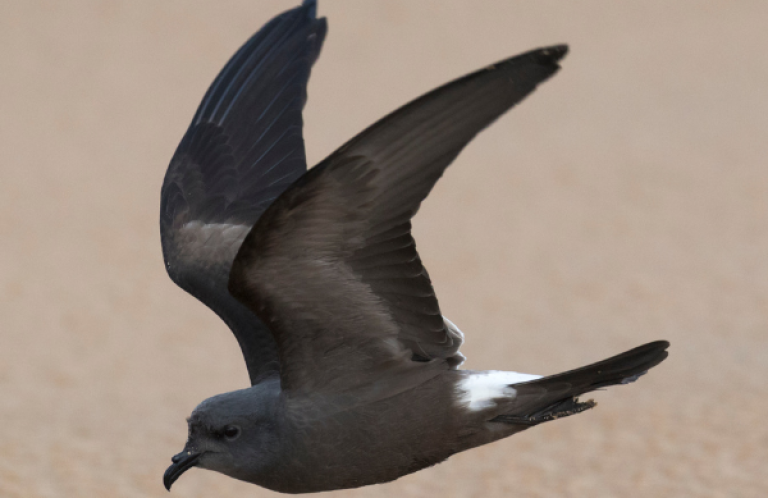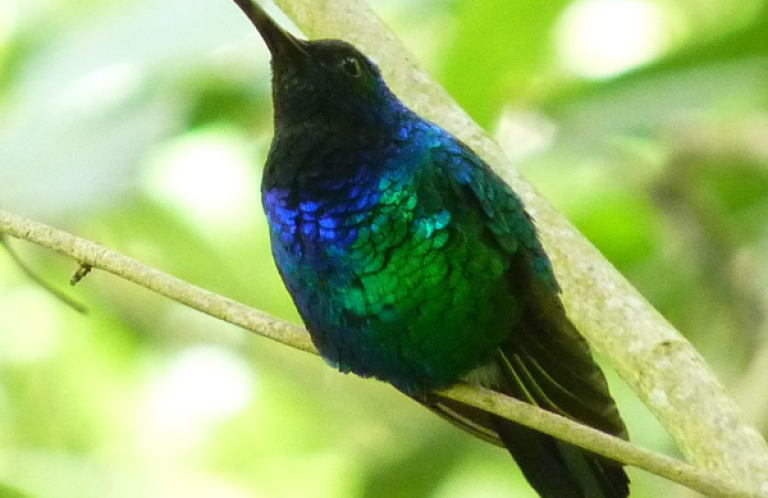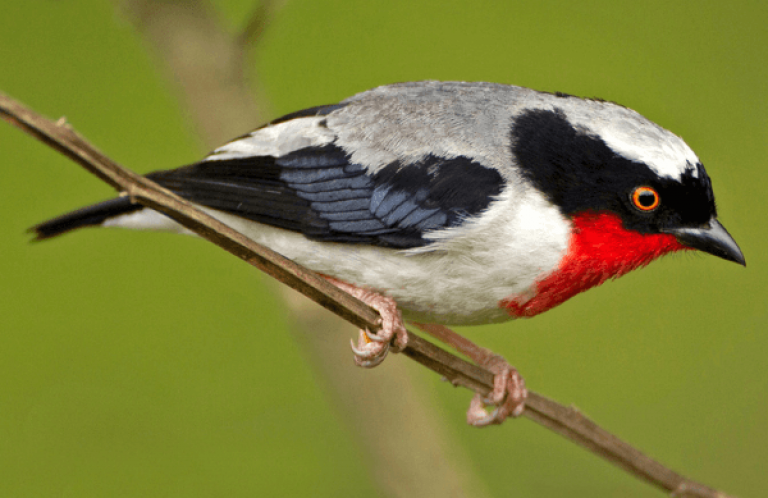Energy Company Pleads Guilty in Bird Deaths
 |
| Oil derrick by Billy Hathorn, Wikimedia Commons |
(Washington, D.C., December 18, 2012) A Denver-based oil and gas company has been fined $22,500 in connection with the deaths of birds at the company's drilling facilities in Montana, Wyoming and Nebraska. The fine was imposed after SM Energy Company pled guilty to three misdemeanor violations of the Migratory Bird Treaty Act.
In addition to the fine, U.S. Magistrate Judge Carolyn S. Ostby placed the company on probation for one year and ordered it to pay $7,500 toward improvement of migratory bird habitat. Ostby also ordered the SM Energy Company to continue implementing a $300,000 remediation program intended to prevent future bird deaths at the company's facilities.
Environmentalists called the fines a wake-up call for companies that violate the nation's bird protection laws. “What you hope for is that others in the energy industries see that there are consequences to carelessly killing birds in the course of doing business and they take steps to properly mitigate potential deadly operational activities before law enforcement has to step in. The Department of Justice and the US Fish and Wildlife Service saw that the law was being ignored and did the right thing,” said Darin Schroeder, Vice-President for Conservation Advocacy for American Bird Conservancy, one of the nation's leading bird conservation organizations.
The case against SM dates back to 2005, when agents of the U.S. Fish and Wildlife Service (FWS) documented the deaths of migratory birds at un-netted or insufficiently netted “reserve pits” at drilling facilities in Montana, Nebraska, and Wyoming. The pits contained chemical substances known to be harmful or deadly to birds. At the time these drilling sites were operated by a Billings-based company, Nance Petroleum, which later became an independent wholly-owned subsidiary of SM Energy Co. The FWS notified Nance Petroleum of these mortalities and encouraged the company to make the pits ‘bird safe' by netting them.
The Migratory Bird Treaty Act makes it unlawful for a person or corporation to "take" a migratory bird without specific authorization from FWS. More than 1,000 species of birds native to North America are protected by the Act. The maximum penalty that can be imposed on a corporation violating the Act is a $15,000 fine and five years of probation. Many violations of the Act are handled via "Notices of Violation," which are "ticket"-type citations issued by FWS agents. The FWS issued a Notice of Violation for $3,025 to Nance Petroleum in 2005 for 12 migratory birds found dead at one of its un-netted reserve pits in Wyoming, which Nance paid.
But in 2007 and 2008, when the FWS conducted follow-up inspections of sites operated by Nance Petroleum, agents found more dead migratory birds. Reserve pits at the sites remained un-netted or insufficiently netted. FWS concluded that the birds killed at these sites died after coming in contact with harmful liquids stored in the pits.
In 2009, after contact from government counsel, Nance began to address the avian mortality issues at its operations. Nance hired a consulting company to examine its facilities and prepare an Avian Protection Plan ("APP") describing appropriate measures for reducing the hazard to avian wildlife and enhancing its rescue/rehabilitation efforts. In November 2009, Nance was merged into SM Energy Company. The APP was completed and presented to the FWS and government, which approved it in March 2012.
Pursuant to the provisions of the Migratory Bird Treaty Act and the plea agreement in this case, the $22,500 fine will be directed to the North American Wetlands Conservation Fund for work directly benefitting migratory birds in Montana, Wyoming, and Nebraska. The $7,500 community service payment will be made to the National Fish and Wildlife Foundation, a private, non-profit, organization, established by Congress in 1984 and dedicated to the conservation of fish, wildlife and plants and the habitat on which they depend.


















































